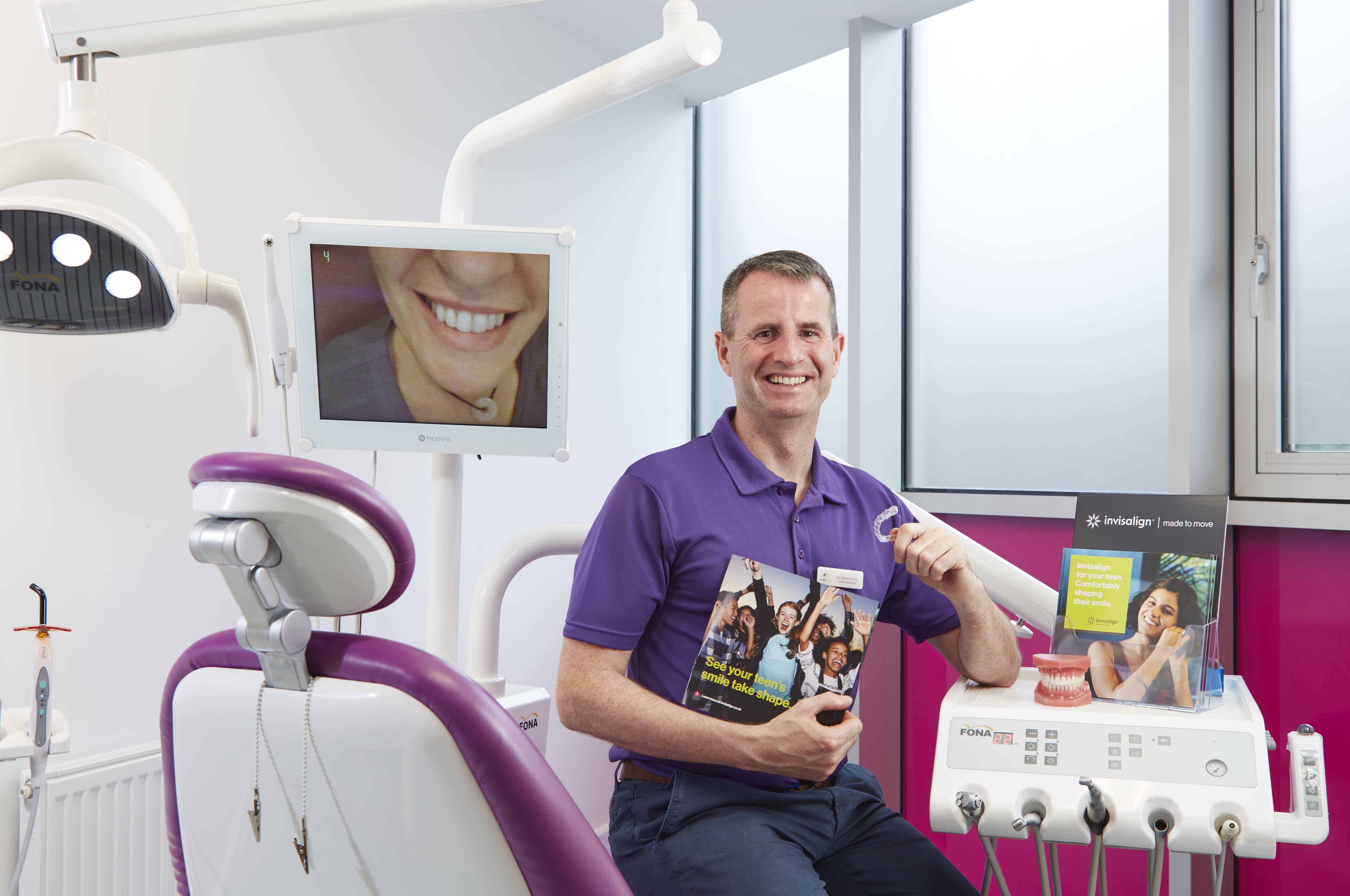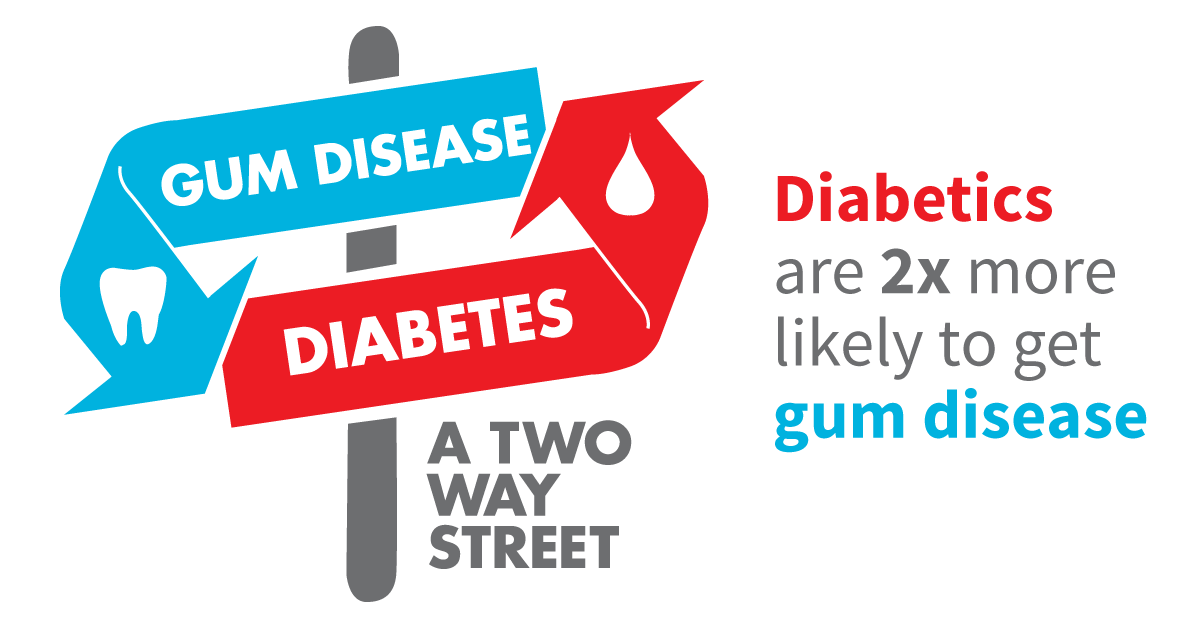A Guide to Scale and Polish Appointments
Teeth are not always perfectly shaped so, whilst cleaning them, you do not always manage to reach into every nook and cranny. There always seems to be one spot that you overlook or that your brush just can’t quite get into. This spot is precisely where the bacteria that attacks your teeth can gather. Throughout the day, a sticky film full of bacteria called plaque builds up all over your teeth and turns into acid when it reacts with the sugary foods you eat.
Usually, it is removed fairly easily by brushing our teeth with a good toothpaste. However, what happens to those hard to reach spots that our brush cannot get to? In these places, the plaque continues to build up until it hardens into calculus or tartar. This is much, much harder to remove.
No matter how much you brush, there will always be some plaque that you can’t reach and you need your dentist to remove. So, if you are not visiting your dentist or hygienist regularly, this plaque will build up and cause you much more significant problems in the future. These problems can include tooth decay, cavities and gum disease.
Simply put, dentists or dental hygienists are better equipped to remove plaque and stubborn calculus, as they have a number of tools at their disposal. Most people who have visited their dental practice for a scale and polish will probably be fairly familiar with them.
If you are not getting your teeth scaled and polished regularly, plaque will continue to build up. This will mean that your dentist or hygienist has to work harder to remove it and the scaling can become uncomfortable. If calculus is allowed to build up around your gums and the roots of your teeth, this can require much more in-depth cleaning. It can be particularly uncomfortable and may require an anaesthetic, especially if your gums are already sensitive or suffering from gum disease.
Click here to book yours’ today!
Diabetes & Your Oral Health
Diabetes is a condition that affects your body’s ability to control blood glucose levels. If you have Type I diabetes, your body doesn’t produce enough insulin, a substance which transports sugar from your blood to the body’s cells. If you have Type II diabetes, your body doesn’t respond to insulin as it should. In both cases, you’re more likely to have problems with your oral health.
Diabetes impacts your dental health in many ways, for instance:
-Patients with diabetes often experience dry mouth, where there’s less saliva than usual. Saliva serves an important function, helping to wash away food particles and acids. The build-up of these in your mouth can cause tooth decay.
-Diabetes can slow the healing process from wounds, so those who have dental surgery may struggle with a slower recovery time. These patients are also more susceptible to infections. Proper care and treatment will help you avoid or minimize these risks.
-Patients with diabetes have a higher risk of developing gum disease. Both early gum disease, known as gingivitis, and serious gum disease known as periodontitis are more likely to occur in diabetes patients.
-If you struggle to control your blood sugar levels, your risk for gum disease will increase. Equally, some research has suggested that gum disease may impact a person’s ability to maintain stable blood glucose levels.
-If you suffer from diabetes, you may have a higher chance of needing a dental implant or bridge. Unfortunately, the same issues that tend to cause gum disease in diabetic patients can also make it more difficult for them to get implants and bridges. This doesn’t mean that you can’t get this treatment if you have diabetes, just that you will need to work more closely with your dentist to explore and understand your options.
If you have diabetes, let your dentist know. We can alert you to early signs of gum disease, cavities, and other problems, so you can get prompt treatment and maintain good oral health.
Book Online Here
The Benefits of Invisalign Treatment
We often get asked about Invisalign and its’ benefits compared to other methods of orthodontics.
Truthfully, no one treatment type is better than the other. It all depends on the patient and their particular case and their treatment requirements.
In this case, we will briefly discuss Invisalign treatment and why it might be more suitable for you:
-Occasionally, wearing traditional metal braces can cause some insecurity. Invisalign as a solution, can often remove the source of anxiety letting people be themselves and feel confident (as your aligners are removable).
-Underbite, overbite, overcrowding and gaps between teeth are all things that can be addressed when using Invisalign. You will be fitted for several versions of retainers that make slight adjustments to move your teeth over the treatment time. They are made from a clear plastic or acrylic material and fit tightly over the teeth
-When wearing traditional metal braces, there are many things you should not and cannot eat. There is no popcorn, no apples, no raw carrots and, especially no candy. Invisalign removes these restrictions because of their removability.
-Less clinic visits are required. After your first visit you drop into the clinic once every 6 weeks and get a new pair of aligners.
-The aligners being removable make brushing and flossing easy. This helps maintain proper oral hygiene.
-If you have ever had a sore face from grinding understand what I mean. Facial muscles get sore when you grind in your sleep and the only solution is a mouth guard. Wearing Invisalign while working it is magic can also help you stop grinding as there is a protective layer between your teeth.
-Orthodontics was invented to help improve health. It is not just about a pretty smile. A good bite can stop the jaw clicking, pain in joints around the mouth, and will improve chewing.
If you have questions about Invisalign, we’d love to answer all your questions. Book your consultation here and take the first step to achieving your perfect smile.

